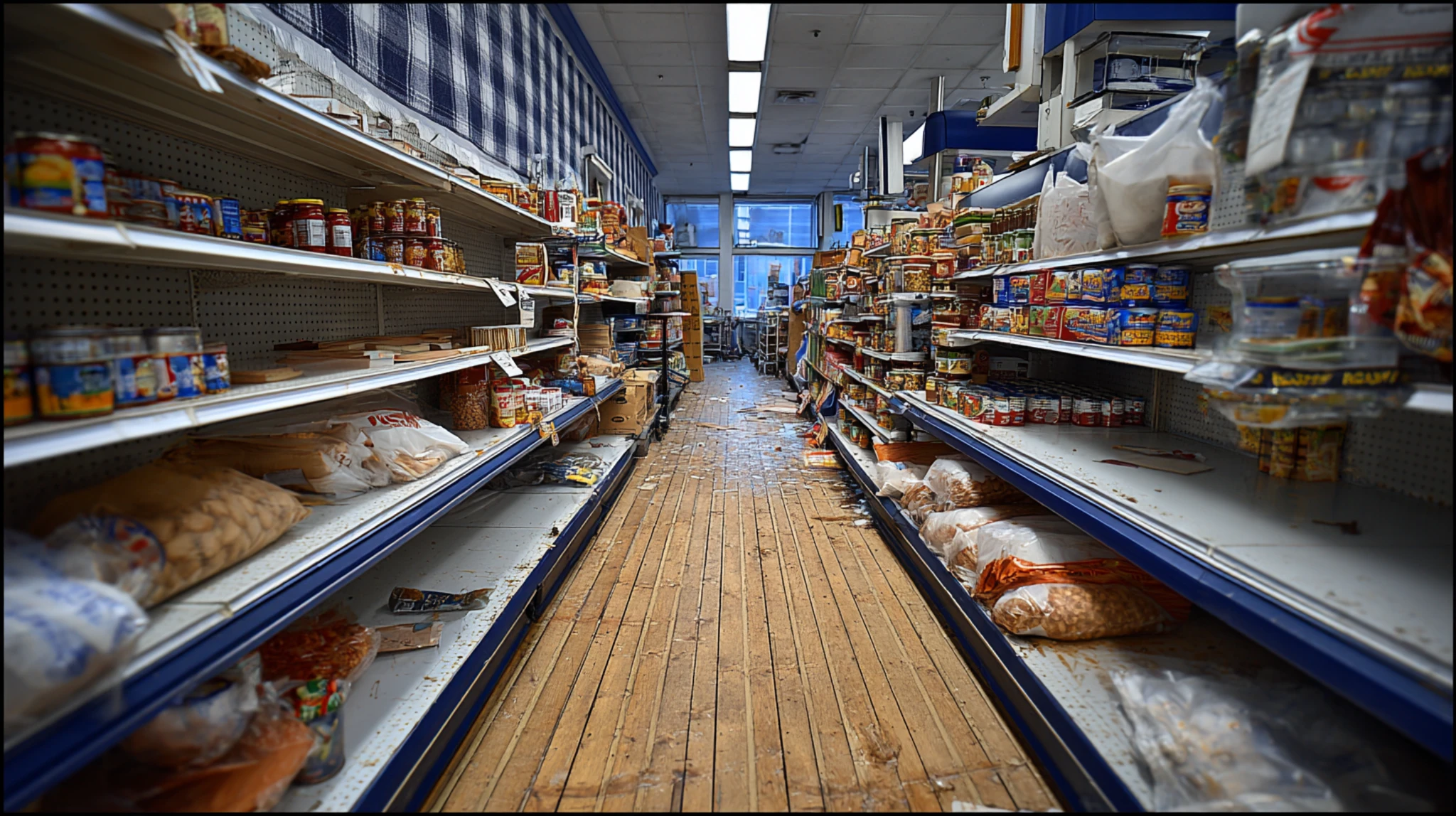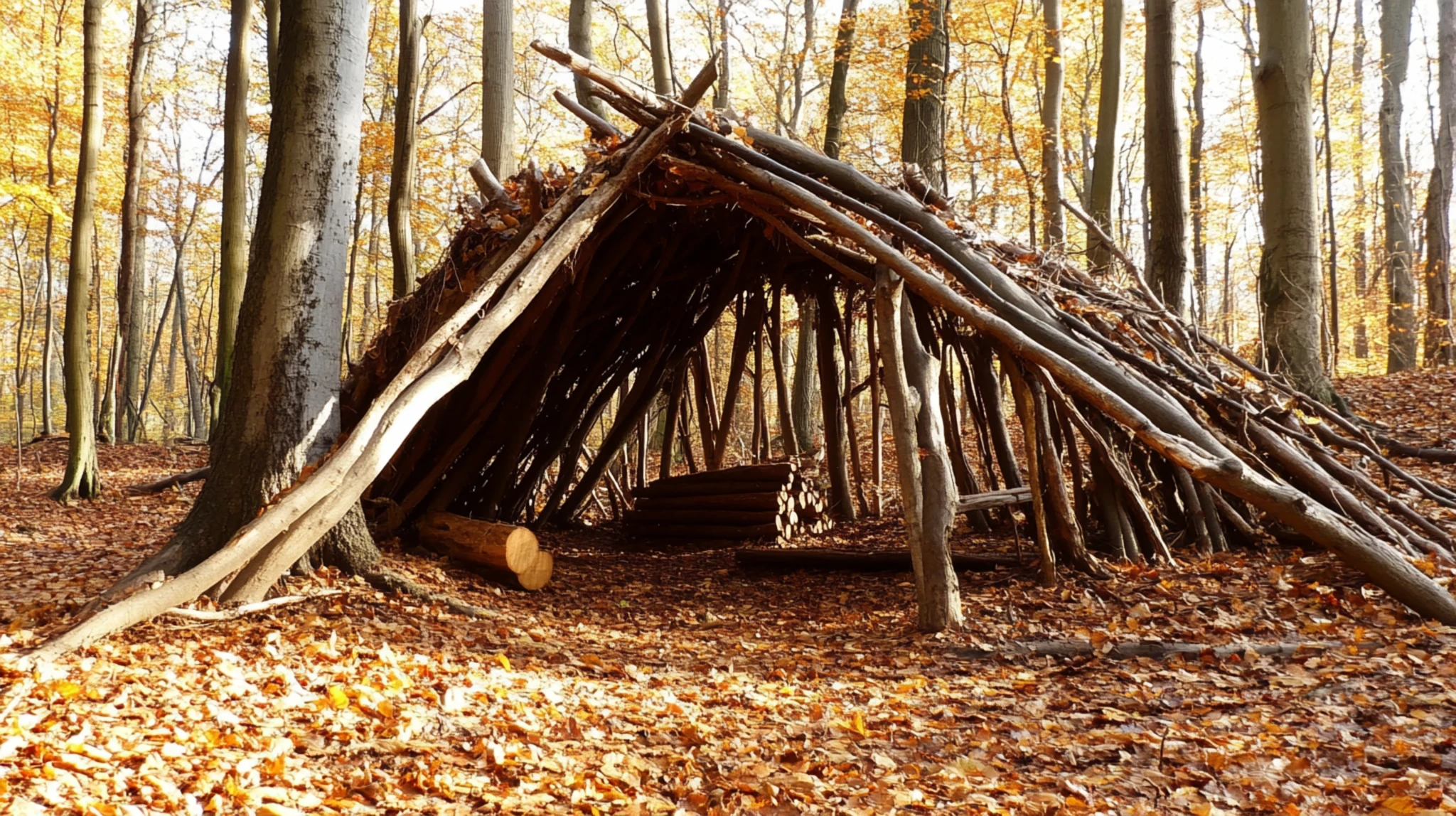As our interconnected world grows increasingly fragile, exercises like GridEx and EARTH EX are no longer "nice to have" scenarios—they’re urgent reality checks. These large-scale “grid failure” drills engage a cross-section of critical systems—from power to water, communications to food—to test how coordinated and resilient we truly are when catastrophe strikes.
What Is GridEx?
Organized by the U.S. and Canadian Electric Information Sharing and Analysis Center (E-ISAC) under NERC, GridEx is North America’s premier grid-security exercise. Held every two years, the 2023 GridEx VII involved over 15,000 participants across 250 organizations, including utilities, gas, telecom, government, and finance sectors. They simulated simultaneous cyber and physical attacks on key systems such as substations and communications links.
GridEx is not a typical drill: it combines tabletop strategy sessions for leadership with live operational play across power, gas, and telecom sectors. Its scenarios—like cyber-malware injection into telemetry data, ransomware crippling market operations, and rifle fire at substations—stress-test not only technical defenses but leadership, interagency communication, and supply chain continuity.
GridEx VII revealed stark vulnerabilities, including weak interoperable communication across agencies, hazardous dependencies on natural gas and telecom, limited redundancy in telemetry systems, and challenges in hybrid in-person/remote coordination .
What Is EARTH EX?
EARTH EX (Emergency All-sector Response to a Transnational Hazard) is a global, all-sector “Black Sky” exercise led by the Electric Infrastructure Security Council (EIS Council). Unlike GridEx’s grid-centric focus, EARTH EX simulates massive, cascading failures—like continent-wide blackouts or EMP events—that ripple across every community lifeline: water, food, hospitals, communications, and financial systems .
EARTH EX features interactive, video-rich injects that simulate evolving crises. In 2019 alone, over 10,000 individuals participated, spanning local emergency managers, utilities, healthcare, and transportation systems. It brings together not just industry leaders, but families and local responders to test their ability to coordinate, adapt, and act before recovery becomes impossible.
https://www.youtube.com/watch?v=ejV81Z97ZlA
Key Lessons from These War Games
These aren’t academic exercises—they reveal how reality unravels during extreme failure. Here are some consistent themes:
1. Interdependency Is the Achilles' heel
A collapse in one system—say, the electric grid—instantly cripples others: water pumping, telecom switching, fuel distribution, hospitals. It’s never just one outage—it’s a chain reaction.
2. Communication breakdown hits first
Nearly every scenario falters at the communication layer—cross-agency coordination fails, hybrid teams struggle, and vocabulary mismatches create confusion. And without dialogue, no meaningful recovery plan survives .
3. Leadership lag and lack of drills kill first
Exercise feedback consistently points to delayed decision-making. Leadership often hesitates or holds onto outdated protocols while the crisis accelerates. Many regions still lack regular, realistic multi-sector drills .
4. Recovery takes longer and costs more than expected
GridEx VII’s simulated recovery timeline showed that even with resources, transformer lead times, fuel logistics, and corrupted telemetry can delay restoration by weeks or months.
What You Should Take from These Crises
Think in systems, not sectors. When the power grid fails, the ripple hits your water, heat, health, and security. When one domino falls, many do.
Build your own comms fallback. GridEx drills often collapse because comms fail first. At a minimum, keep battery radios, printed maps, and simple mesh devices.
Prepare for delayed recovery. Assume critical services may not return for weeks. Stock up, ration, and plan water filtration, food preservation, and community cooperation well beyond the short term.
Practice now. Cyber and physical failures are happening today. Do your own mini-exercises: cut power, lose comms, simulate a looting event—then test your response, communication, and group readiness.
Final Takeaway
GridEx and EARTH EX aren’t distant fringe programs—they’re full-scale shock tests that expose where systems break and where actions stall. The conclusions are clear:
We rely on fragile webs of interlocking systems.
Failures cascade faster than we respond.
Communication breakdown speeds the collapse.
And recovery without local resilience is a dream.
These global drills might be reserved for utilities and governments—but you can take their lessons today.
Start your own personal or community "Collapse Compass" exercise, test your systems, reinforce your redundancy, and practice leadership in the dark. Because when the next blackout hits, it won't be a test. It will be real.
By studying how GridEx and EARTH EX fail, you understand what’s coming—and how to bend history in your favor.



